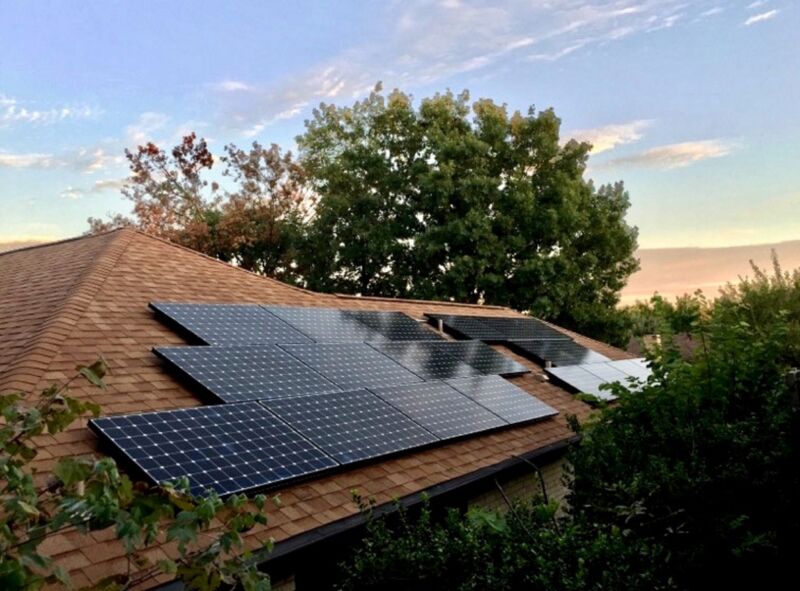
Enlarge (credit: Jeff Martin/DOE)
Based purely on economics, there should be a lot more solar panels on roofs in the United States. With the dramatic plunge in the price of panels, solar systems have become competitive with the cost of electricity in a growing number of states, leaving the question of sun exposure to be the primary driver of whether adoption makes sense. Yet photovoltaic-equipped houses remain a rarity in the US, despite many states pushing for the adoption of renewable energy.
So why isn't that push working? To try to find out, a small team of researchers worked with a non-profit that promotes solar installs, helping test out two different message. One message focused on self-interest and emphasized the economic benefits of installing panels. The other was what's termed "pro-social," meaning it emphasized that installation of solar would bring benefits to the community. As the researchers found, self-interest was king—even after the promotion was over. But self-interest did have a side benefit in that the systems that were installed tended to get the most energy out of their panels.
Scripting Solarize
The work relies on a program called Solarize. Solarize runs town-level programs that include a single installer that provides the entire town with a group rate. Program ambassadors also run pro-solar programs within the town, encouraging adoption. These programs were the ones targeted by the researchers, who arranged an experiment based on the message delivered by these ambassadors. Some towns received messages that focused on self-interest, like “save thousands by installing solar.” Others were more community-focused—“Our community is doing something together to have more clean energy,” for example. The researchers worked with the program in Connecticut (one of the researchers is at Yale), which has expensive electricity.
No comments:
Post a Comment